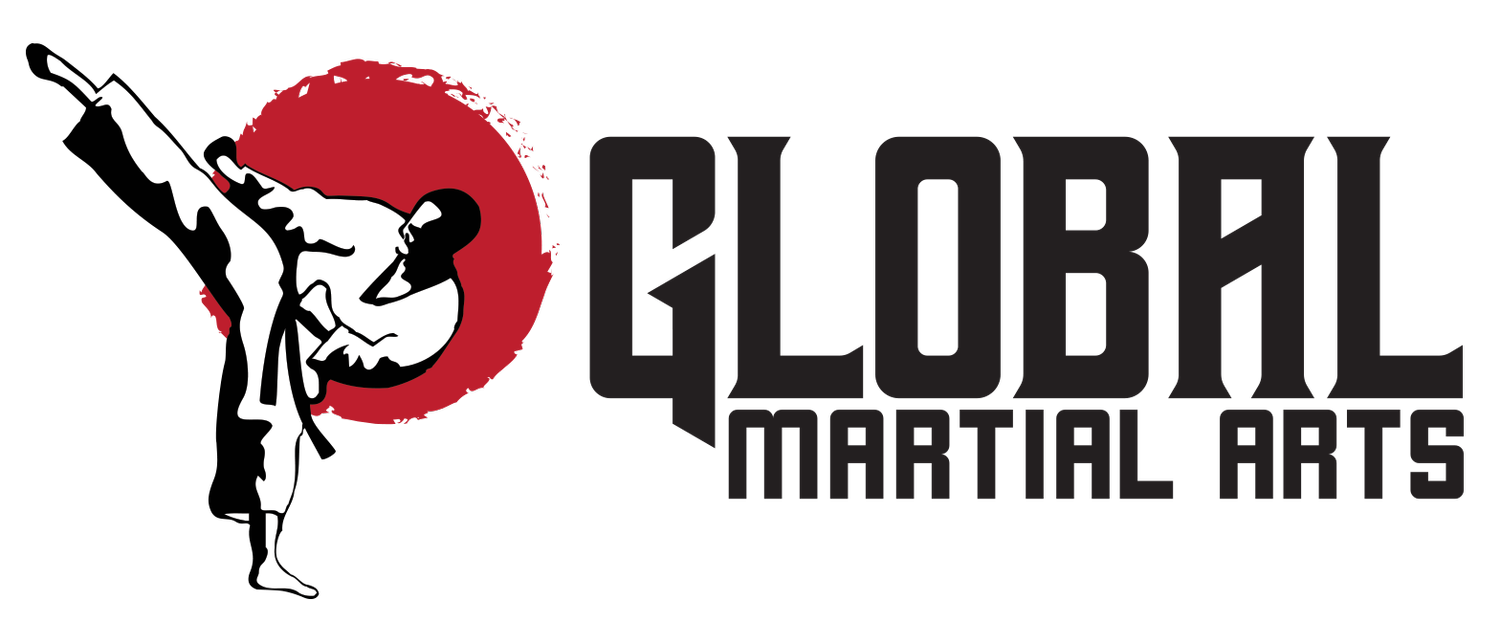The ideal age to start training karate as a kid : unleashing your inner martial artist
Introduction
Karate, a traditional martial art originating from Okinawa, Japan, is not only a means of self-defense but also a discipline that instills valuable life skills in individuals of all ages. As a karate instructor teaching kids' classes in Vista, California, you may wonder about the ideal age to introduce children to this captivating martial art. In this blog, we will explore the factors to consider when determining the best age to start training karate as a child.
Physical Development and Readiness
One of the primary factors to consider when determining the ideal age to start training karate is the child's physical development and readiness. While there is no definitive age that suits every child, it is generally recommended that children begin formal karate training around the ages of 6 to 8 years old. At this stage, most children have developed sufficient coordination, balance, and motor skills to engage in the physical aspects of karate training effectively.
Cognitive and Emotional Maturity
Apart from physical readiness, cognitive and emotional maturity are equally important when considering the ideal age to start training karate. Children at this age can generally follow instructions, understand and demonstrate discipline, and exhibit focus and concentration during training sessions. They are more likely to grasp the fundamental principles of karate and apply them in their practice.
However, it's crucial to remember that children develop at different rates, and individual traits and personalities also play a significant role in determining readiness. Some children may show exceptional maturity and be ready for karate training at an earlier age, while others may need additional time to develop the necessary skills and mindset.
Social Interaction and Peer Learning
Another aspect to consider is the social interaction and peer learning opportunities that karate classes provide. Starting karate at a young age allows children to engage with their peers, fostering teamwork, cooperation, and respect for others. It provides them with a supportive learning environment where they can form friendships and build social skills, all while benefiting from the physical and mental aspects of karate training.
Benefits of Early Karate Training
Starting karate training at a young age offers numerous benefits for children's overall development. Here are a few advantages worth mentioning:
1. Physical Fitness: Karate training helps children develop strength, flexibility, coordination, and cardiovascular fitness, contributing to their overall health and well-being.
2. Discipline and Focus: Karate emphasizes discipline, self-control, and concentration, teaching children the importance of setting goals and working diligently to achieve them.
3. Confidence and Self-esteem: As children progress in their karate training, they gain confidence in their abilities, learn to overcome challenges, and build a positive self-image.
4. Self-defense Skills: Learning karate equips children with valuable self-defense techniques, empowering them to protect themselves in potentially dangerous situations.
Conclusion
While there is no one-size-fits-all answer to the ideal age for children to start training karate, the general consensus suggests that around 6 to 8 years old is an appropriate age. However, it's essential to assess each child individually, considering their physical development, cognitive and emotional maturity, and readiness for social interaction and peer learning.
Remember, the primary goal of karate training for children is not just to produce skilled martial artists but also to foster personal growth, discipline, and character development. By introducing them to karate at an appropriate age, you can help them
